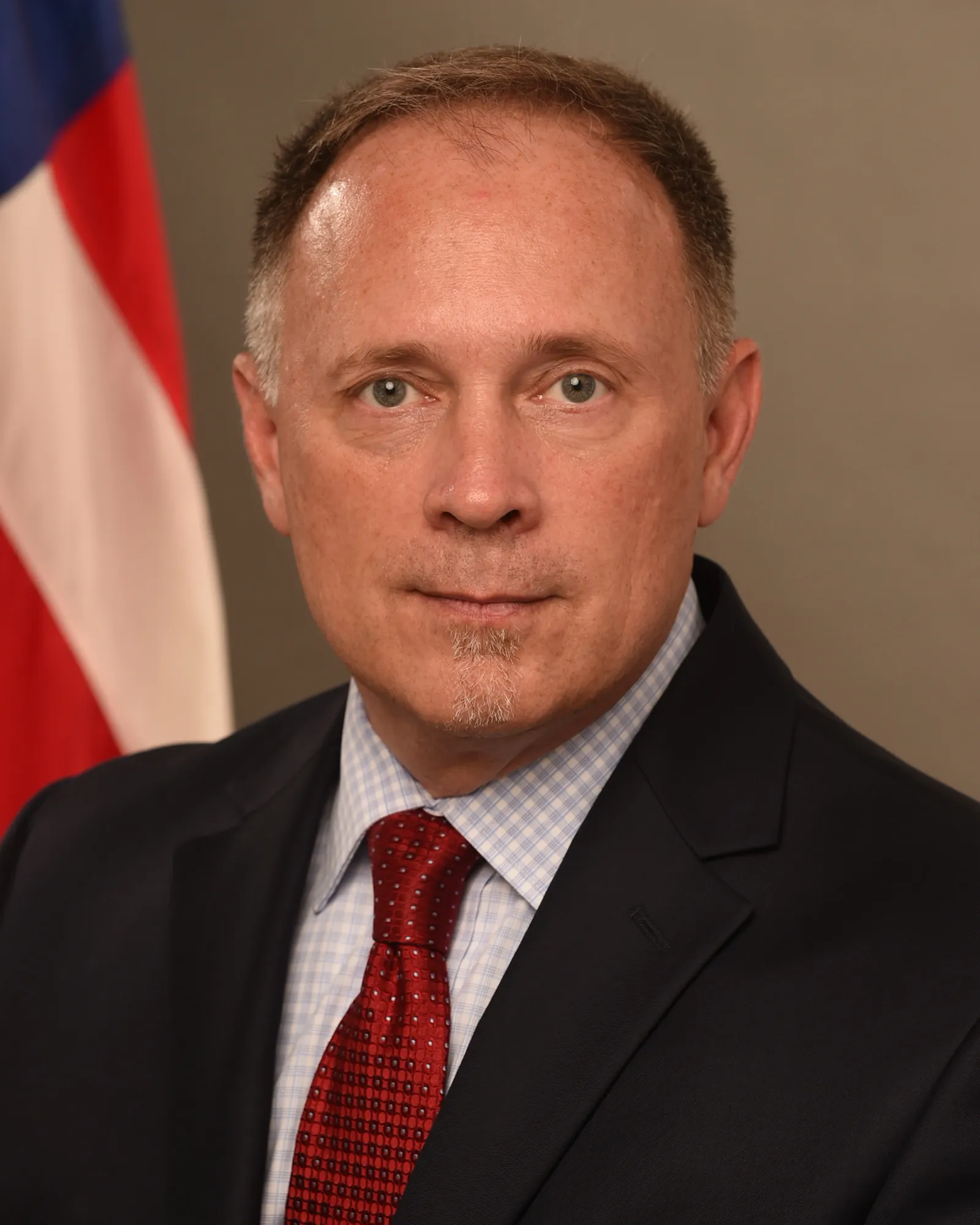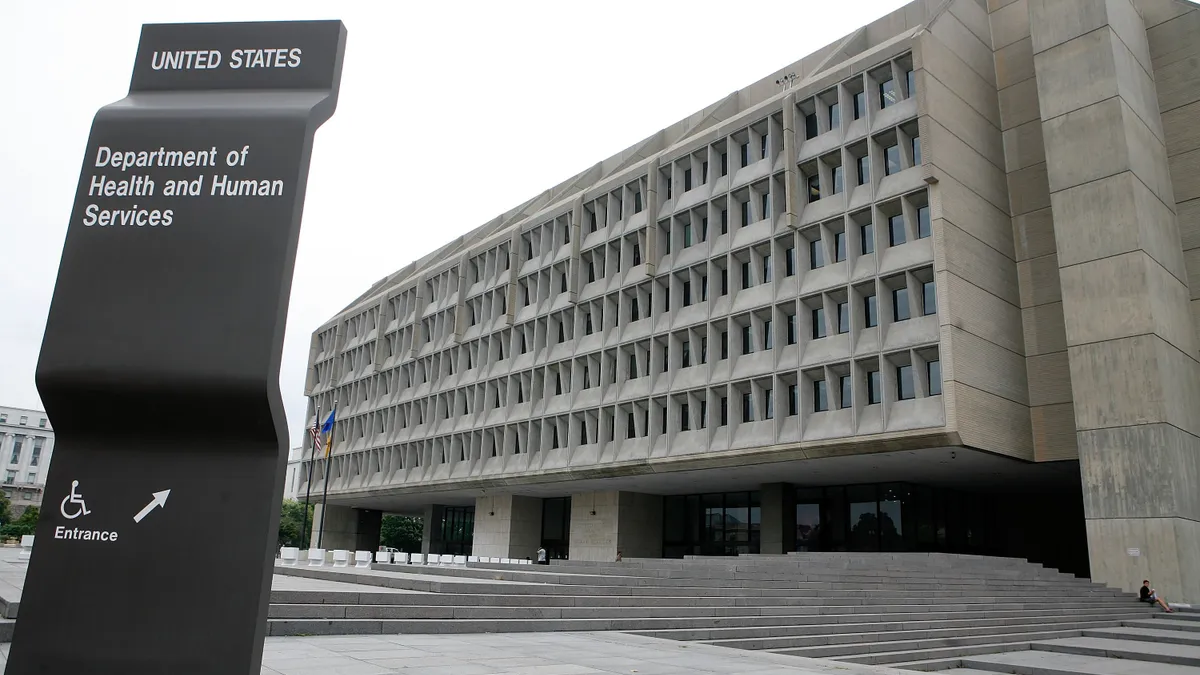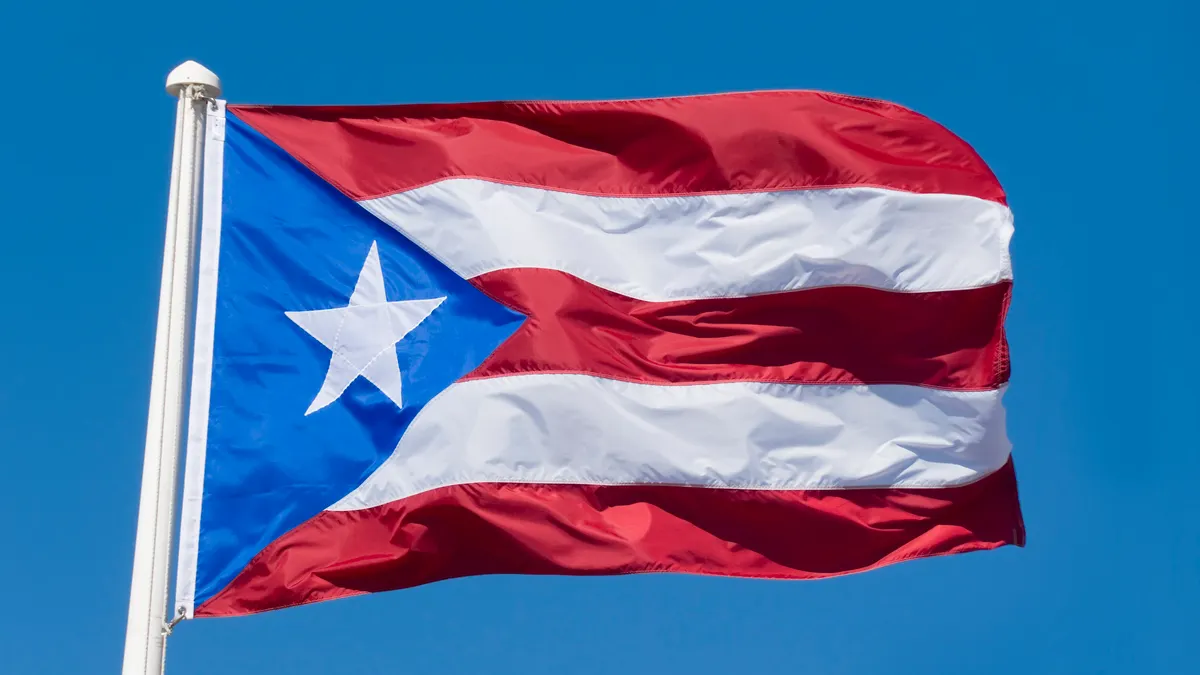Moderna’s avian flu vaccine development program got a $176 million boost earlier this month from the U.S. government.

With the number of H5N1 bird flu cases very slowly ticking up, the grant rolled in to support a new mRNA-based vaccine came from HHS’s Biomedical Advanced Research and Development Authority. The H5N1 influenza strain has been spreading among cattle and poultry across the U.S., and its recent jump into humans has spooked the scientific community. But the surprising bovine-to-human transmission isn’t why BARDA awarded Moderna the cash.
“A lot of people think we’re doing this as a response to H5N1,” said BARDA director Gary Disbrow. “[But] this was an effort we started in October 2023.”
The financial backing is part of BARDA’s ongoing mission to partner with the private sector and develop medical countermeasures for public health medical emergencies.
“Our mandate from Congress is to support advanced research and development and innovation; FDA licensure approval; and procurement of products to address threats to national security,” Disbrow said.
Since it launched 15 years ago, that mission has put BARDA on the front lines of major public health scares in the U.S. During its history, BARDA has notched a number of wins including 61 FDA approvals, a vaccine and two treatments for Ebola, about $1.6 billion invested into products to tackle antimicrobial resistance, and the list goes on. Although BARDA makes headlines when well-known companies land awards for diseases like bird flu that are already in the news, its mission goes far beyond that. And part of Disbrow’s job is to get the word out to potential industry partners.
“Many people do not understand what BARDA is and how to partner with BARDA. BARDA has multiple avenues for funding companies, and these are from early-stage companies to mid-sized companies to large companies,” Disbrow said. “Most companies on the outside don't know how to get their foot in the door, how to make that initial contact with the federal government.”
"People always talk about one bug, one drug, and that’s a very expensive proposition. What we are trying to build is a rapid-response capability."

Gary Disbrow
Director, BARDA
With the latest award to Moderna, BARDA is looking to boost preparedness for H5 flu viruses, including the H5N1 strain that’s responsible for the current outbreak in livestock. The award supports the development of mRNA-based seasonal and pandemic influenza vaccines.
It’s also an example of how BARDA supports platform technologies that can be adaptable to different strains of a disease.“As part of a preparedness organization, we were really interested in the ability to leverage the success of mRNA vaccines and bring that forward so that we potentially could have that as another option, along with our egg-based, cell-based and recombinant-based technologies,” Disbrow said.
Moderna’s award is splashy, but most BARDA grants are much smaller. BARDA partners with companies of all sizes via several avenues. Among them is the Blue Knight program, a joint collaboration between BARDA and J&J’s life science incubator, JLABS, to support startups focused on public health threats and emerging infectious disease.
“We've now supported 46 companies,” Disbrow said. “In addition, [those companies] have received over $933 million in follow-on investment from private equity, because the government de-risked those initial stages of that product development. And some of those have gone on to be commercially available products.”
Other opportunities include BARDA Ventures as well as the Biopharmaceutical Manufacturing Preparedness Consortium and it’s interested in countermeasures for anthrax, botulism, radiation poisoning and other emerging threats.
The first step for companies that want to work with BARDA is requesting a “TechWatch” meeting so that BARDA, along with other agencies from HHS and the Department of Defense, can assess their technology.
“They can share their commercial-confidential information with us, and we will provide them honest feedback,” he said. “We have our inter-agency colleagues there because if it's not a perfect fit for BARDA, we want to make sure that they have other venues for potential funding.”
Here, Disbrow explains more about how companies can work with BARDA and what they’re looking for from pharma.
This interview has been edited for brevity and style.
PHARMAVOICE: Why would a company want to work with BARDA beyond funding?
GARY DISBROW: Whether you have received funding that's less than a million dollars, or you're receiving funding that's $100 million or more, we bring our scientific expertise, our clinical expertise, our non-clinical expertise, our regulatory, our manufacturing experts, to the table, and we form a partnership with the company to give them the best chance of success.
It's usually less than a million dollars. But for these companies that have really interesting technologies, that million dollars can support a study they may need to complete in order to apply for series A financing to really get the attention of the private sector.
We're not just providing non-dilutive capital. We form a partnership. The U.S. government gains access to the technology, we gain the ability to partner with these companies to increase their overall chances of success and then hopefully and ultimately, we gain a product that is developed and available, if needed, for the American population.
During COVID, interest in infectious disease boomed. Is that space still as interesting to companies or is it waning?
I think there is some waning in multiple aspects. The public has a bit of fatigue from vaccination. There has been a decrease in private equity investments as people have seen the global market for COVID-19 decreasing. There's not as much demand as we hope to keep people vaccinated.
But that was the reason … we received support of $5 billion to establish Project NextGen, which is to partner with NIH. They are partnered with us to support the development of next-generation COVID vaccines and therapeutics, as well as what we call enabler technology. It's not Operation Warp Speed. We don't have sufficient funding to take programs from the beginning to the end and then [have] the USG [U.S. government] purchase them. But some of the most expensive and risky ventures for these companies are the clinical trials. So the U.S. government will de-risk those clinical trials.
What else is BARDA looking for from the pharma industry?
People always talk about one bug, one drug, and that's a very expensive proposition.
What we are trying to build is a rapid-response capability [so] we can not only prepare, but respond quickly to any threat that emerges … and invest in technologies [and] platforms. I know people use ‘platforms’ to mean different things. Those are vaccine technologies, new technologies to manufacture therapeutics that can be leveraged very quickly to respond to emerging threats.
Because again, the fastest response is when you have FDA-licensed products available. We've learned that through Ebola, we've learned it through Mpox and other emerging infectious diseases that we've had to face. If we don't have those available, we're not going to have the time to do all of the basic research and development through the traditional pathway. [For example] the Ebola vaccine, which was the first licensed vaccine … that we supported, in partnership with Merck and our interagency and global partners, that is a platform. It’s a viral vector, and it expresses a glycoprotein from Ebola Zaire. The hope is that you can take glycoproteins from Marburg or Ebola Sudan and plug those glycoproteins in, replacing the one from Zaire, and now have vaccines for Marburg or Sudan.
That vaccine technology can serve as a platform. There's safety that is well known with the vaccine, it's been given to hundreds of thousands of people globally, the manufacturing process is controlled and therefore, hopefully, when you switch the glycoprotein out, you can leverage that safety in manufacturing that’s already been established.



















